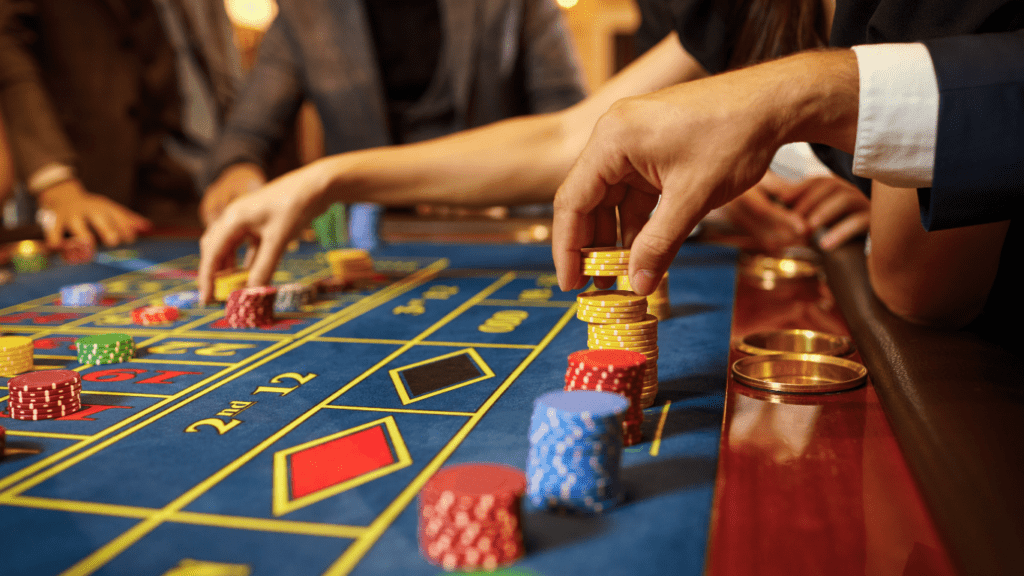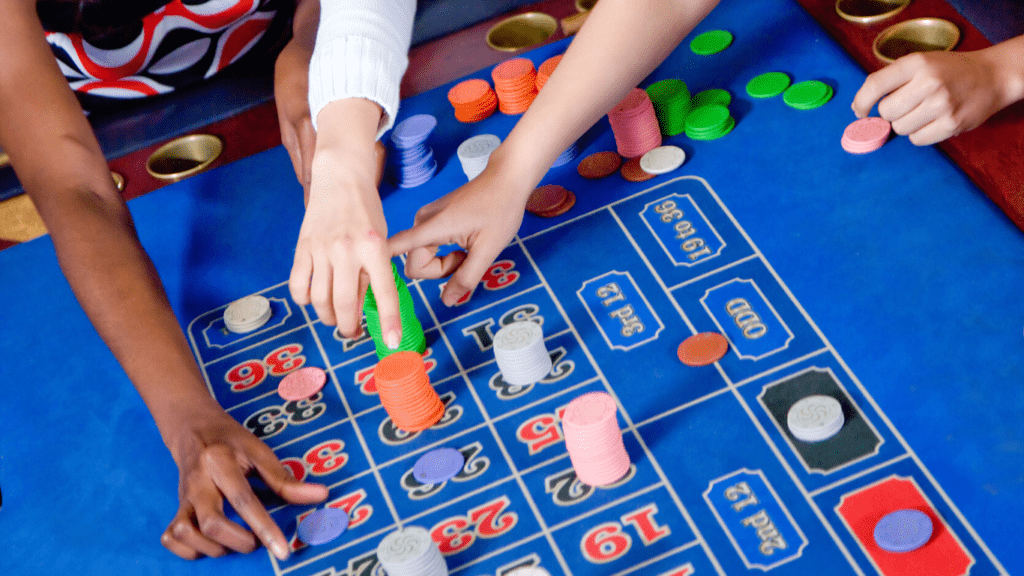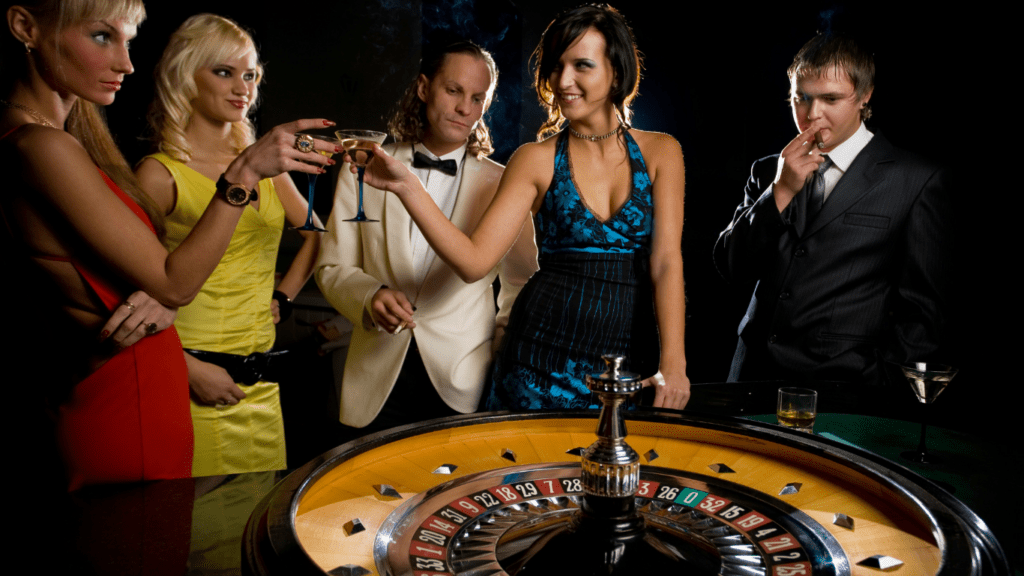What Is House Edge?
House edge represents the built-in mathematical advantage casinos hold over players in all games. It’s a fundamental concept ensuring casinos remain profitable over time.
Definition of House Edge
House edge measures the percentage of each wager that the casino expects to retain as profit in the long term. For example, if a game has a house edge of 5%, the casino expects to earn $5 from every $100 wagered. This percentage varies by game, with blackjack often featuring a lower edge (around 0.5% with optimal play) compared to games like keno or slots, which can exceed 10%.
How House Edge Works in Casino Games
Casinos set house edges by incorporating imbalance into the payout structures or odds of winning. For instance, in roulette, the addition of a “0” and “00” on American wheels increases the likelihood of losing bets, creating a house edge of 5.26%. In blackjack, specific rules like the dealer winning tied bets contribute to its edge. Slot machines, by design, return a predetermined percentage of the wagers to players, which defines their edge.
Examples Of House Edge In Popular Casino Games
House edge percentages vary widely across different casino games, impacting a player’s potential returns. Here are specific examples from popular games.
Slots
Slot machines often feature some of the highest house edges in a casino. Depending on the game, the house edge in slots ranges from 5% to 15%. For instance, a slot machine with a 10% house edge means the casino expects to keep $10 for every $100 wagered. Factors like random number generators and payout schedules contribute to this edge, making consistent wins unlikely for players.
Blackjack
Blackjack stands out among table games for its relatively low house edge, which can be as low as 0.5% when players use optimal strategy. This edge increases significantly if players make poor decisions, often exceeding 2%. Rules such as how many decks are used, when the dealer hits on soft 17, and payout rates for blackjack (e.g., 3:2 or 6:5) directly influence the game’s edge against the player.
Roulette
Roulette’s house edge depends on the variation played. European roulette, with a single “0”, has a house edge of 2.7%. In contrast, American roulette, which includes both “0” and “00”, pushes this edge up to 5.26%. This discrepancy arises because the additional “00” pocket reduces players’ odds of winning while maintaining the same payouts. The edge remains the same across different types of bets on the table.
Why The House Always Has An Advantage

Casinos maintain a consistent profit by designing games with mathematical advantages in their favor. This built-in advantage, known as the house edge, stems from carefully calculated probabilities that ensure long-term gains for the casino.
The Role Of Probability And Mathematics
- Probability is the foundation of every casino game, ensuring the house earns a steady profit.
- Rules, payouts, and odds are configured to favor the casino over time. For example, in American roulette, the “0” and “00” pockets mean only 18 of 38 possible outcomes benefit the player, reducing winning odds.
- Similarly, slot machines use random number generators (RNGs) to create outcomes that are random yet programmed to return a specific percentage to the house, often 85%-95%.
- Casinos also adjust payouts to increase their edge. In blackjack, a natural blackjack may pay 3:2 instead of 6:5, a seemingly minor change that can significantly alter the game’s profitability for players.
- These mathematical tweaks ensure players can’t achieve an even game, even with perfect strategies, while remaining subtle enough to keep gameplay appealing.
Long-Term Impact On Players
The house edge works in favor of the casino when player behavior and volume are factored in. Over time, players lose a percentage of their wagers that matches the house edge, making long-term wins statistically improbable. For instance, with a 5% house edge, a player wagering $1,000 over several rounds is likely to lose around $50. This predictable outcome benefits casinos due to repeated betting and the sheer number of players participating.
Even short-term wins by some players don’t disrupt casino revenue since losses from others offset them. For games like slots, which rely on player engagement, extended play increases the house’s advantage as probabilities manifest more clearly over higher numbers of spins. Understanding this inevitability helps players approach gambling with realistic expectations.
Strategies For Mitigating The Impact Of House Edge
Minimizing the house edge’s effects requires strategic decision-making and discipline. By focusing on specific game selections, understanding game mechanics, and managing funds effectively, players can extend gameplay and improve their chances of favorable outcomes.
Choosing Games With Lower House Edge
Selecting games with lower house edges is essential for better odds. Blackjack, when played with optimal strategy, offers a house edge as low as 0.5%, much lower than keno or slots, where edges often exceed 10%. European roulette, with its 2.7% edge, is more favorable than American roulette’s 5.26%. By prioritizing such games, I can reduce long-term losses by minimizing the advantage the casino holds.
Understanding Rules And Odds
Grasping the specific rules and odds of each game directly impacts results. In blackjack, knowing when to:
- hit
- stand
- double down
reduces the house edge. Roulette players benefit by prioritizing even-money bets like red/black over single-number bets, which have lower probability payouts. Misinterpreting rules or odds, such as ignoring changes in payout formats like blackjack’s 6:5 payout for a natural blackjack instead of 3:2, significantly affects outcomes. Familiarity with each game’s structure enhances decision-making and limits avoidable losses.
Bankroll Management
Proper bankroll management prevents overspending and prolongs play. Setting strict limits on wagers and sticking to them ensures losses remain controlled. For example, by dividing my funds into smaller session-based amounts, I can regulate how much I risk at any given time. Limiting bets to a small percentage of total funds, such as 1%–2% per wager, helps avoid quickly depleting resources. Managing funds effectively keeps gambling enjoyable and reduces emotional decision-making influenced by streaks or setbacks.

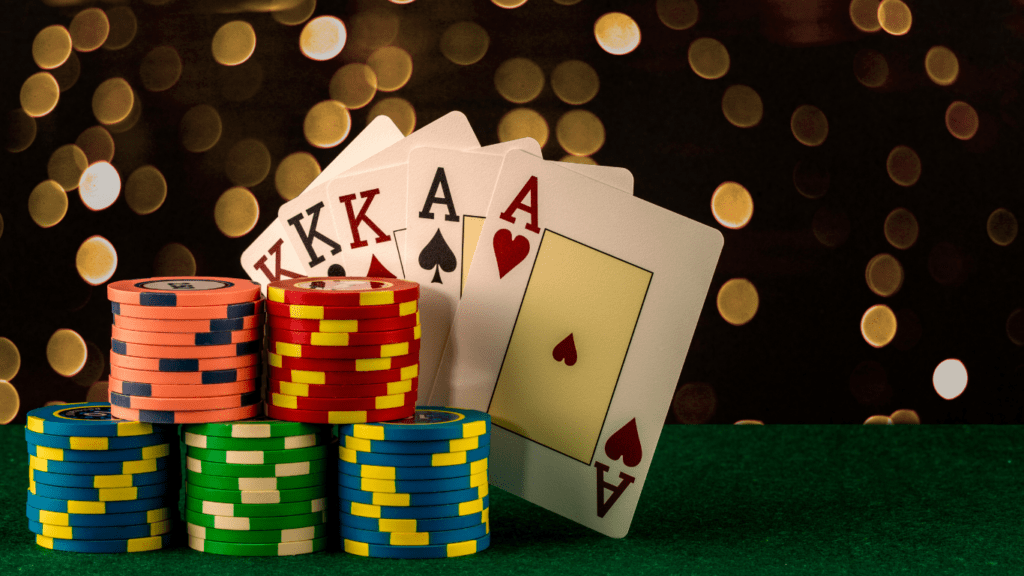
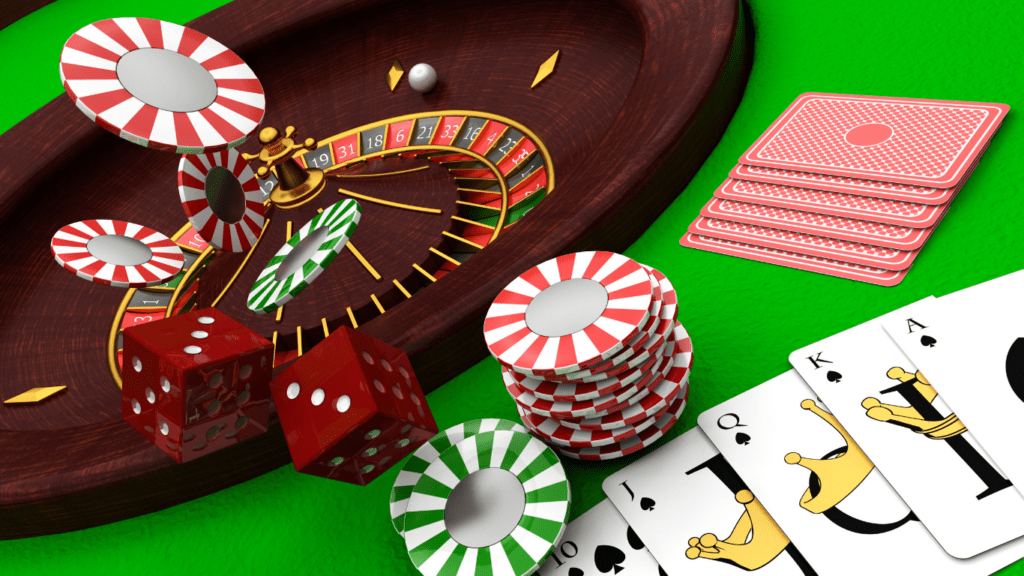
 Mark Buxtononics is the Senior Betting Analyst at Gamble Time Hub, bringing sharp analytical skills and a deep understanding of betting markets to the forefront. Specializing in data-driven insights and predictive analysis, Mark delivers in-depth evaluations of sports betting trends, odds movements, and strategic plays. His work helps readers make smarter, more informed decisions across a variety of betting platforms. With a commitment to clarity and accuracy, Mark plays a key role in establishing Gamble Time Hub as a reliable source for expert betting knowledge.
Mark Buxtononics is the Senior Betting Analyst at Gamble Time Hub, bringing sharp analytical skills and a deep understanding of betting markets to the forefront. Specializing in data-driven insights and predictive analysis, Mark delivers in-depth evaluations of sports betting trends, odds movements, and strategic plays. His work helps readers make smarter, more informed decisions across a variety of betting platforms. With a commitment to clarity and accuracy, Mark plays a key role in establishing Gamble Time Hub as a reliable source for expert betting knowledge.